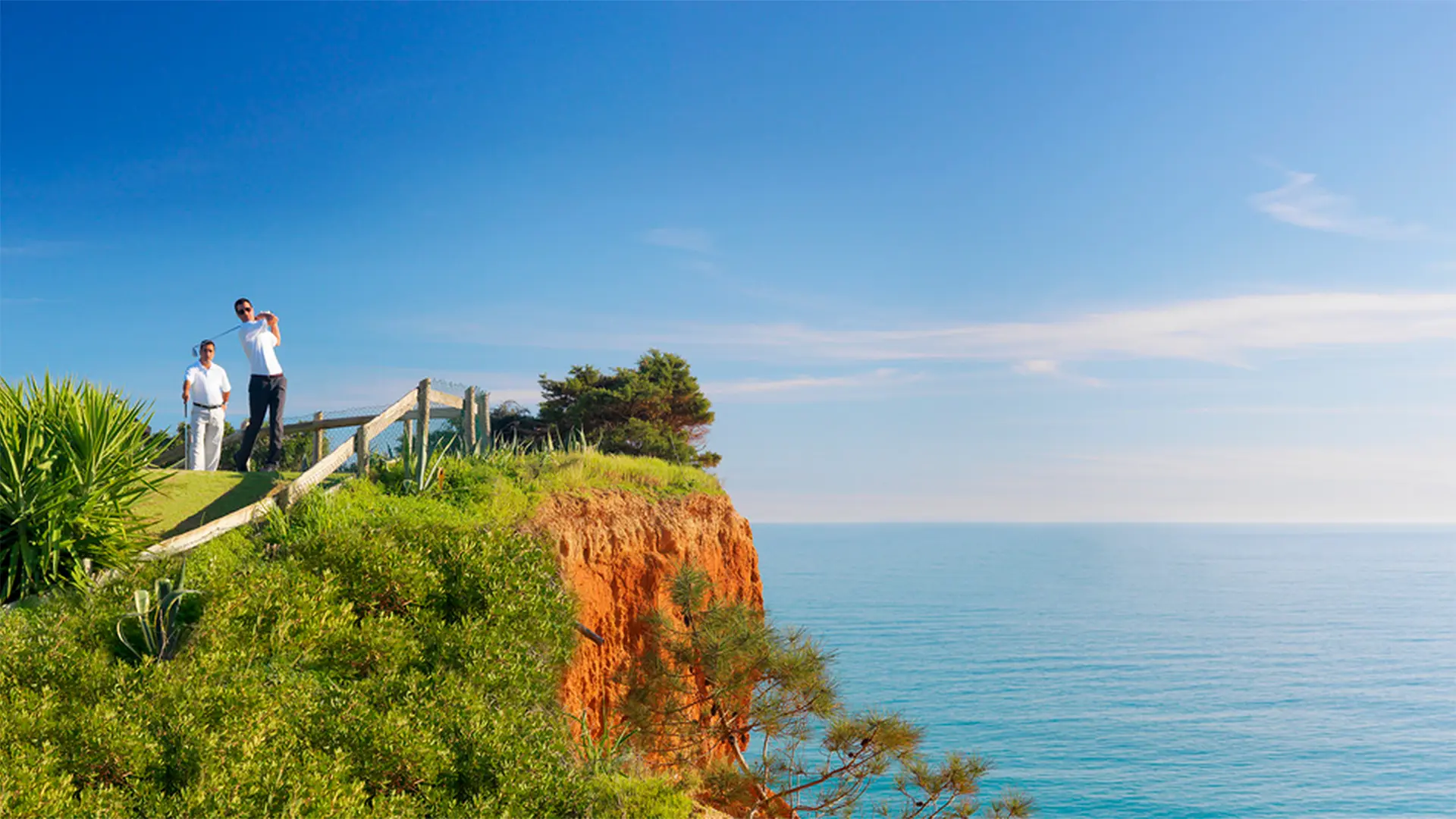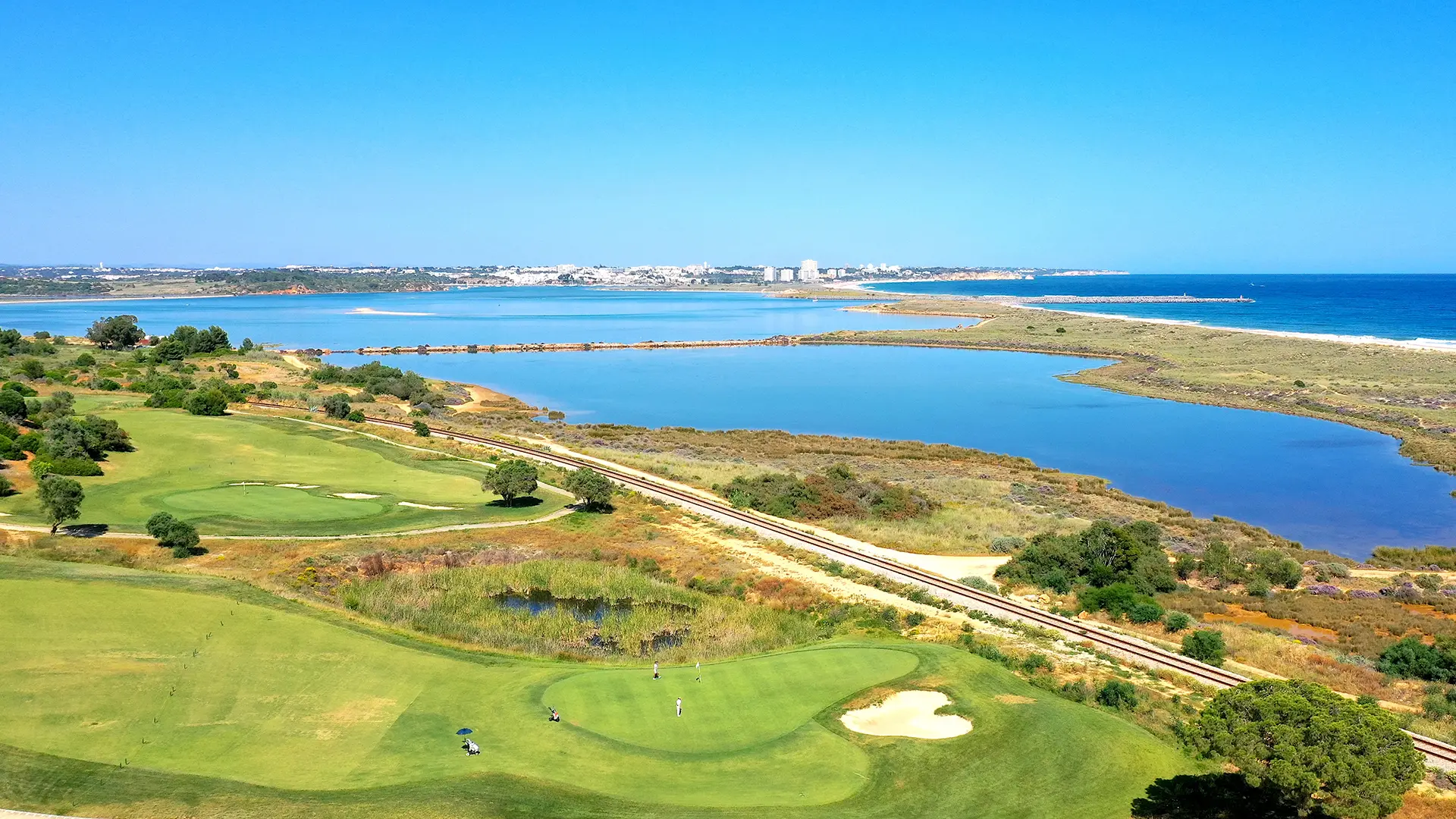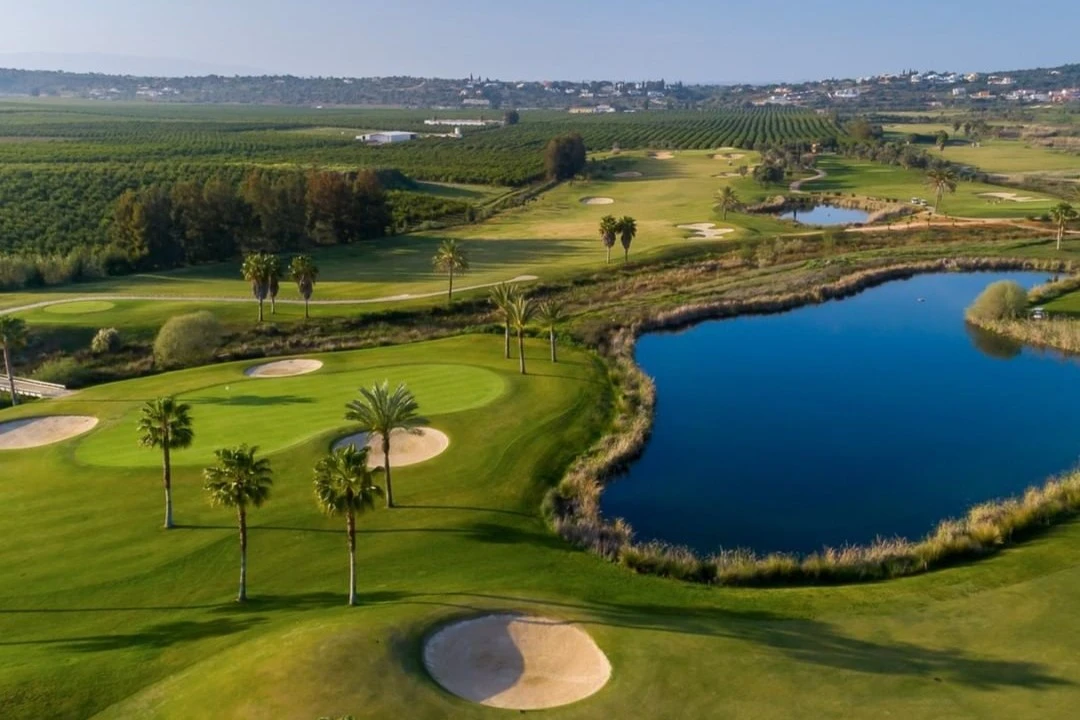 A recent study conducted by EY Parthenon for the Conselho Nacional da Indústria do Golfe (CNIG) and the Confederação do Turismo de Portugal (CTP) and referenced in an article by Rodolfo Alexandre Reis for O Jornal Económico, has shed light on the significant economic impact of golf on Portugal’s economy. Between 2019 and 2023, the direct and indirect contribution of the golf sector to the Portuguese economy increased by 57.4%, reaching a remarkable €4.2 billion in 2023. Most of this impact comes from the Algarve, which alone contributed €100 million of the total €120 million directly to Portugal’s GDP.
A recent study conducted by EY Parthenon for the Conselho Nacional da Indústria do Golfe (CNIG) and the Confederação do Turismo de Portugal (CTP) and referenced in an article by Rodolfo Alexandre Reis for O Jornal Económico, has shed light on the significant economic impact of golf on Portugal’s economy. Between 2019 and 2023, the direct and indirect contribution of the golf sector to the Portuguese economy increased by 57.4%, reaching a remarkable €4.2 billion in 2023. Most of this impact comes from the Algarve, which alone contributed €100 million of the total €120 million directly to Portugal’s GDP.
The report highlights how golf drives tourism, particularly in regions like the Algarve, where international visitors, especially from the UK, Sweden, and Germany, make up the bulk of golfers. British golfers, in particular, account for 46% of rounds played in the region. The recovery from the COVID-19 pandemic has been strong, with 2023 showing a 12% increase in rounds played compared to pre-pandemic levels, and further growth is expected with the introduction of new direct flights to Faro, such as those from United Airlines in the coming year.

The economic contribution of golf extends beyond the golf courses, impacting sectors such as hospitality, catering, and retail. The average golfer visiting Portugal stays for around seven nights and spends approximately €165 per day, further boosting the local economy. This resurgence highlights the importance of the golf industry not only for tourism but for the broader economic landscape of Portugal.
Tee Times Golf Agency Contribution
For over 30 years, Tee Times Golf Agency has contributed to the impact of golf on Portugal’s economy, promoting Portugal as a top golf destination. By offering the best golf packages and personalised service, we have helped countless golfers worldwide experience the beauty and challenge of Portugal’s renowned courses. Our long-standing commitment to sustainability aligns with the growing global emphasis on responsible travel, and we are proud to offer eco-friendly packages that prioritise environmental preservation while delivering exceptional golfing experiences.

Sustainability has become a core value at Tee Times. As the golf industry evolves, we have adapted our offerings to support environmentally conscious practices across our partner golf courses and resorts. By promoting green initiatives and working closely with local communities, we help ensure that golf tourism remains sustainable.
The findings of the EY Parthenon study underline the impact of golf on Portugal’s economy. Tee Times Golf Agency is proud to be a driving force in this thriving industry, offering unforgettable Portugal golf holidays while championing sustainability and excellence in service. Our mission remains clear as we look to the future: to continue providing world-class golf experiences that contribute to Portugal’s economic and environmental well-being.

 An article published last month by Diário de Notícias of Portugal, “
An article published last month by Diário de Notícias of Portugal, “